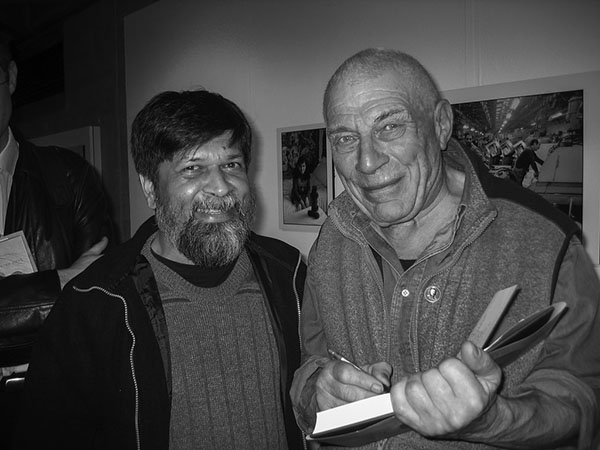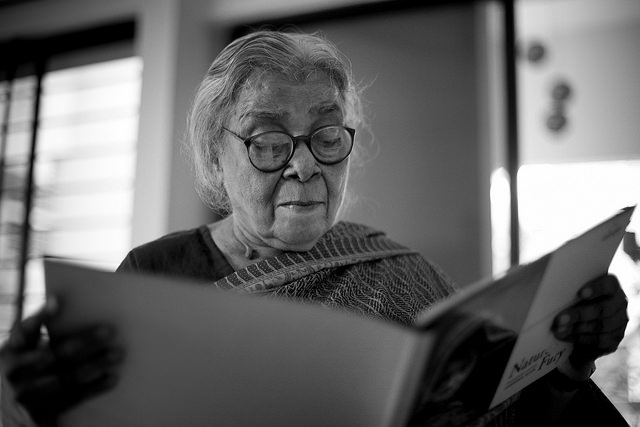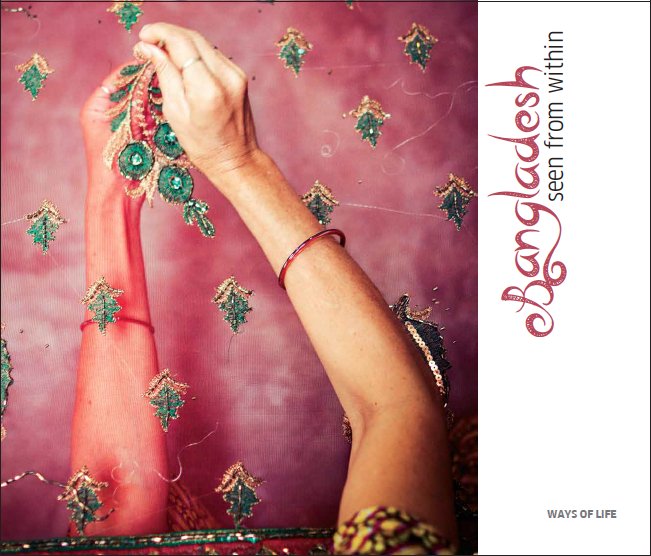Shahidul Alam: The Tide Will Turn
Edited by Vijay Prashad
Texts by Shahidul Alam and Arundhati Roy
To my fellow prisoners in Keraniganj Jail, and the youth of Bangladesh who continue to resist, and to Abrar Farhad who was murdered by fellow students for his defiance.
Book design by Shahidul Alam and Holger Feroudj / Steidl Design
184 pages
7.3 x 9.3 in. / 18.5 x 23.5 cm
37 black-and-white and 74 colour photographs Four-colour process
Clothbound hardcover
€ 28.00 / £ 25.00 / US$ 30.00
ISBN 978-3-95829-693-0
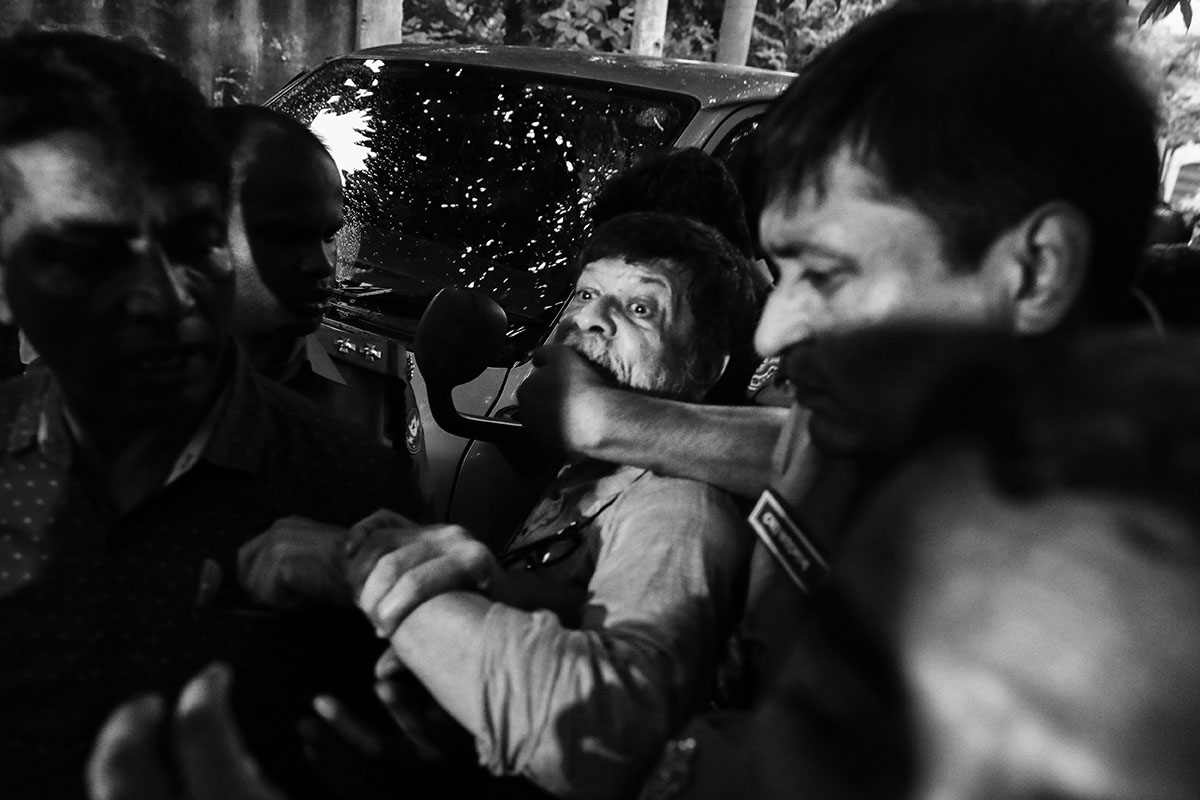
“On the night of 5 August, I did not know if I was going to live or die,” writes Shahidul Alam, one of Bangladesh’s most respected photo- journalists, essayists and social activists, remembering his arrest, torture and eventual 101-day incarceration in Keraniganj Jail in 2018. Just a few hours before, he had given a television interview criticising the government’s brutal handling of the student protests of that year which had called for improved road safety and an end to wider social injustice—in his words, “the years of misrule, the corruption, the wanton killing, the wealth amassed by the ruling coterie.” Combining Alam’s photos and texts with those of a range of collaborators, including artwork by Sofia Karim and fellow inmates, The Tide Will Turn documents his experiences, the global support for his release, and the ongoing fight for secularism and democracy in Bangladesh and beyond.
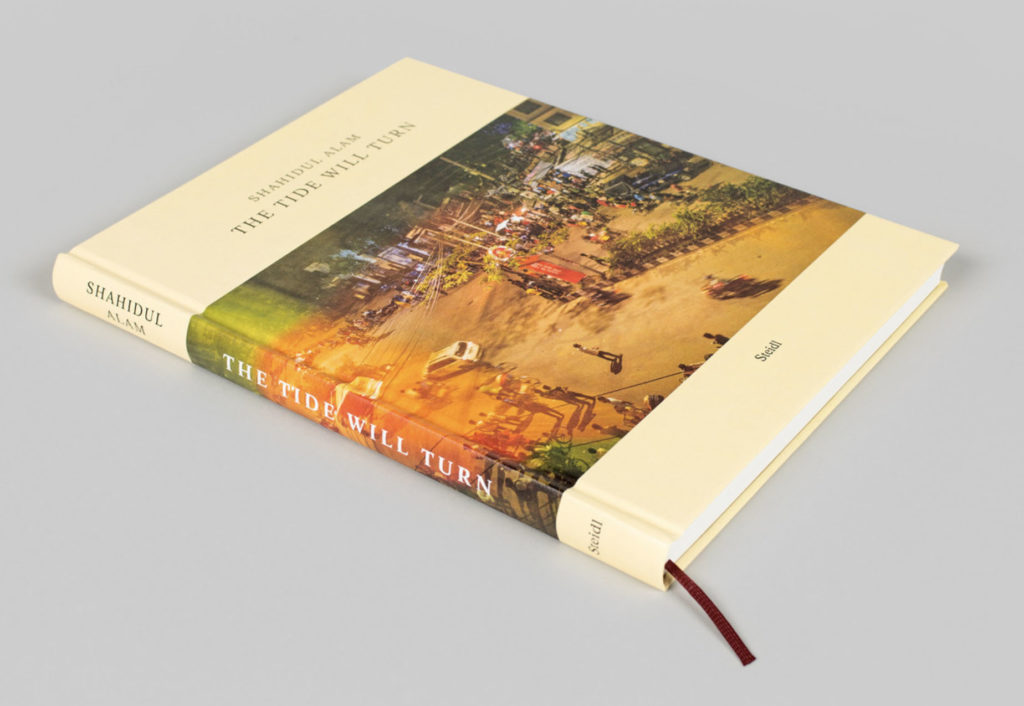
Described by its editor Vijay Prashad as about “the beauty and tragedy of our world, about how to photograph that dialectic,
and about how to write about it,” Continue reading “The Tide Will Turn”


